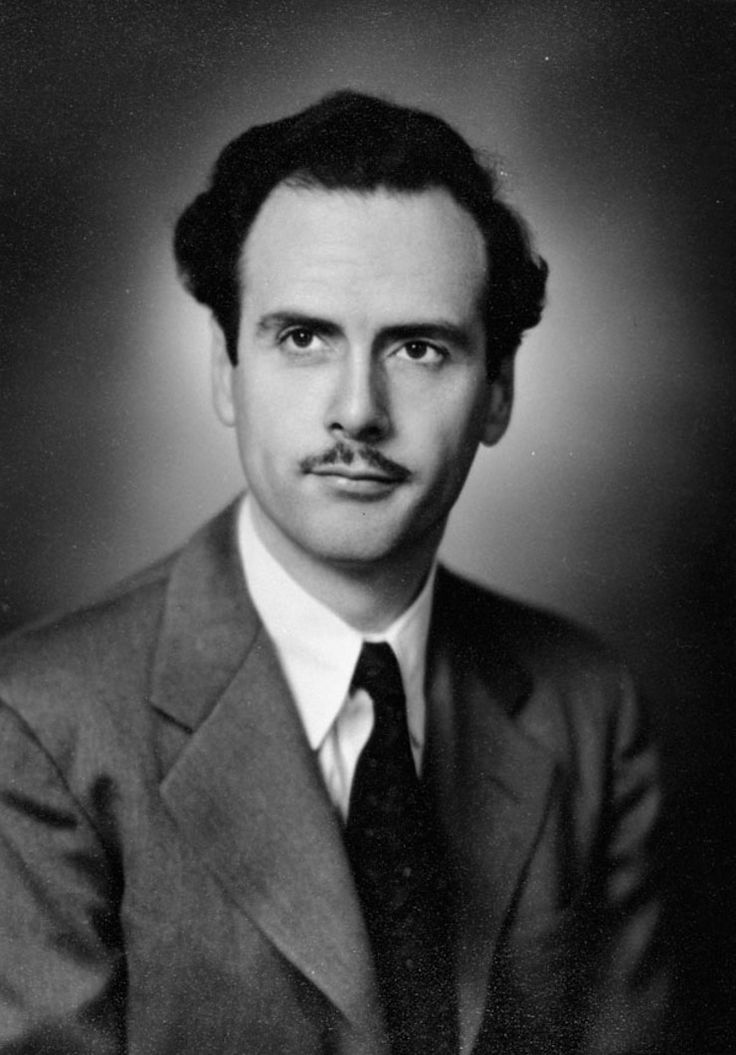The Global Village: Transformations in World Life and Media in the 21st Century
Frases célebres de Herbert Marshall McLuhan
Understanding Media: The Extensions of Man
Fuente: Marshall McLuhan, 40 años después. http://revistachasqui.org/index.php/chasqui/article/view/1516/1543
Fuente: El medio es el mensaje. Volumen 1 de Biblioteca de publicidad y marketing: Serie menor. Autores Marshall McLuhan, Quentin Fiore, Jerome Agel. Traducido por León Mirlas. Edición reimpresa. Editorial Grupo Planeta (GBS), 1988. ISBN 9788475090153.
Fuente: ¿Quién teme a Marshall McLuhan? Lozano, Jorge. Universidad Complutense de Madrid http://www.ucm.es/info/especulo/numero18/mcluhan.html
Fuente: El arte de la guerra electoral: Guía esencial para entender cómo funciona una campaña política. Autores José Adolfo Ibinarriaga, Roberto Trad Hasbun. Editorial Penguin Random House Grupo Editorial México, 2012. ISBN 9786073108553.
“El dinero es la tarjeta de crédito de los pobres.”
Fuente: Temas de empresa, volumen 1. Español con fines específicos. Autores María José Pareja, María José Pareja López. Edición reimpresa. Editorial Edinumen, 2014. ISBN 9788495986696.
Original: «Politics will eventually be replaced by imagery. The politician will be only too happy to abdicate in favor of his image, because the image will be much more powerful than he could ever be».
Fuente: Young, Cecil. One Canada. Edición ilustrada. Editorial Trafford Publishing, 2004. ISBN 9781412022354. p. 153. https://books.google.es/books?id=7kwWE28L1PwC&pg=PA153&dq=Politics+will+eventually+be+replaced+by+imagery.++The+politician+will+be+only+too+happy+to+abdicate++in+favor+of+his+image,+because+the+image+will++be+much+more+powerful+than+he+could+ever+be&hl=es&sa=X&ved=0ahUKEwibuZbO1LHgAhVwDmMBHf5OAmYQ6AEIMzAB#v=onepage&q=Politics%20will%20eventually%20be%20replaced%20by%20imagery.%20%20The%20politician%20will%20be%20only%20too%20happy%20to%20abdicate%20%20in%20favor%20of%20his%20image%2C%20because%20the%20image%20will%20%20be%20much%20more%20powerful%20than%20he%20could%20ever%20be&f=false
Frases de Dios de Herbert Marshall McLuhan
Fuente: ¿Quién teme a Marshall McLuhan? Lozano, Jorge. Universidad Complutense de Madrid http://www.ucm.es/info/especulo/numero18/mcluhan.html
Fuente: ¿Quién teme a Marshall McLuhan? Lozano, Jorge. Universidad Complutense de Madrid http://www.ucm.es/info/especulo/numero18/mcluhan.html
McLuhan, 1977:26-27
Fuente: Marshall McLuhan, 40 años después. http://revistachasqui.org/index.php/chasqui/article/view/1516/1543
Herbert Marshall McLuhan: Frases en inglés
“Typography extended its character to the regulation and fixations of languages.”
Variante: Typography extended its character to the regulation and fixation of languages. (p. 229)
Fuente: 1960s, The Gutenberg Galaxy (1962), p. 260
“The only cool PR is provided by one's enemies. They toil incessantly and for free.”
88
1970s, Culture Is Our Business (1970)
Fuente: 1950s, The Mechanical Bride (1951), p. 7
“Man works when he is partially involved. When he is totally involved he is at play or leisure.”
1990s and beyond, "The Agenbite of Outwit" (1998)
“Literacy affects the physiology as well as the psychic life of the African.”
Fuente: 1960s, The Gutenberg Galaxy (1962), p. 38
“The divorce of poetry and music was first reflected by the printed page.”
Fuente: 1960s, The Gutenberg Galaxy (1962), p. 227
Fuente: 1960s, The Gutenberg Galaxy (1962), p. 154
1970s, From Cliché to Archetype (1970)
“The young are really the heirs to a generation of incompetence.”
1970s, Culture Is Our Business (1970)
“The percept takes priority of the concept.”
Letter to Edward T. Hall, 1971, Letters of Marshall McLuhan, p. 397
1970s
“The sociologist permits himself to see only what is acceptable to his colleagues.”
Fuente: 1990s and beyond, The Book of Probes : Marshall McLuhan (2011), p. 370
“Bacon's Adam is a medieval mystic and Milton's a trade union organizer.”
Fuente: 1960s, The Gutenberg Galaxy (1962), p. 214
“Technologies themselves, regardless of content, produce a hemispheric bias in the users.”
Fuente: 1980s, Laws of Media: The New Science (with Eric McLuhan) (1988), p. 71
Fuente: 1960s, The Gutenberg Galaxy (1962), p. 146
Fuente: 1960s, The Gutenberg Galaxy (1962), p. 21
“The culture-heroes of preliteracy and postliteracy alike are robots.”
Fuente: 1980s, Laws of Media: The New Science (with Eric McLuhan) (1988), p. 79
Fuente: 1970s, Take Today : The Executive as Dropout (1972), p. 109
Fuente: 1970s, Take Today : The Executive as Dropout (1972), p. 25
Fuente: 1960s, The Gutenberg Galaxy (1962), p. 193
To Wilfred Watson, October 6 1965. Letters of Marshall McLuhan (1987), p. 325
1960s
“The sculptural qualities of the image dim down the purely personal identity.”
Fuente: 1990s and beyond, The Book of Probes : Marshall McLuhan (2011), p. 369
Fuente: 1960s, The Gutenberg Galaxy (1962), p. 167
Fuente: 1980s, Laws of Media: The New Science (with Eric McLuhan) (1988), p. 47
Fuente: 1990s and beyond, The Book of Probes : Marshall McLuhan (2011), p. 375
Fuente: 1990s and beyond, The Book of Probes : Marshall McLuhan (2011), p. 350
“People don't actually read newspapers. They step into them every morning like a hot bath.”
Fuente: 1990s and beyond, The Book of Probes : Marshall McLuhan (2011), p. 184
